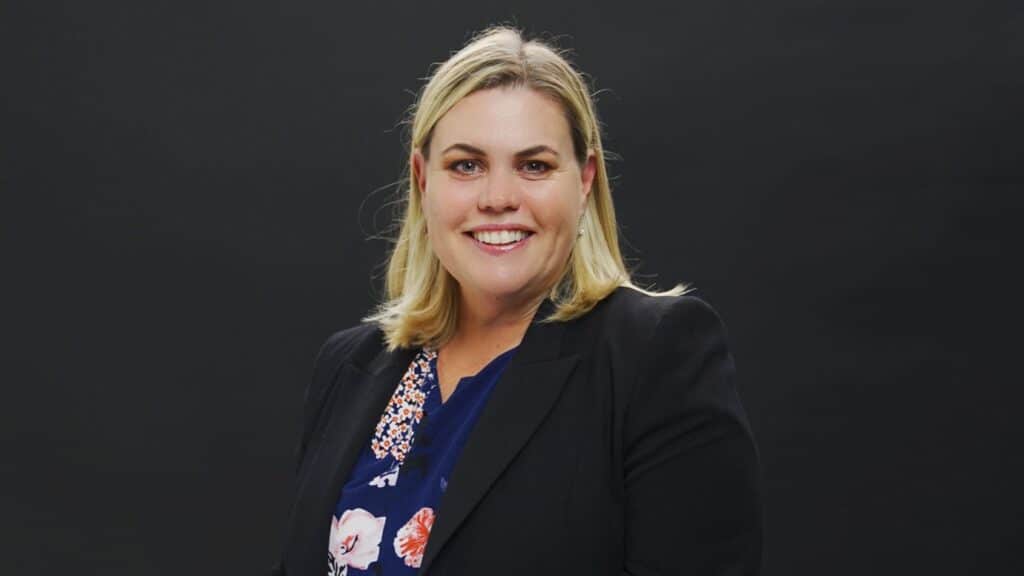This year presents an incredible opportunity to address gender equality in public office, with state and local government elections to be held across six states and territories, and a federal election on the horizon. This could be a watershed year in which we as a nation build upon what the Victorian Parliament achieved following a by-election in late 2023: gender parity.
It is, therefore, disheartening to learn that preselection of women for the Liberal Party, especially to contest safe or even winnable seats, is going backwards. It serves as a timely reminder that achieving gender equality in politics is never a ‘done deal’ and a single election cycle can undo hard-won gains. Should this preselection trend continue, 2024 will not be a watershed moment, but rather a backslide.
So, what’s really going on? And why is there a propensity to continue preselecting the same (overwhelmingly male) faces? The problem can be summed up in one word: MERIT.
Let’s be clear: in Australian political circles, MERIT is anything but meritorious. The term has previously been weaponised as a ‘dog whistle’ opposition whenever gender quotas aimed at increasing political diversity are raised.
For this reason, many women, on both sides of politics, have come to associate MERIT with a tongue-in-check acronym: Men Elected Regardless of Intellect or Talent. While it is not my desire to stir up a ‘battle of the sexes’ type debate, the reality is thus: in political circles, being assessed as meritorious is often shorthand for: male enough, straight enough, able-bodied enough, white enough and with a desire to maintain the status quo. In short, MERIT in politics is just that…political.
For this reason, Women for Election put MERIT in the bin years ago. Our laser focus is on finding women who exhibit CALIBRE, a more contemporary and meaningful acronym, namely: Community Aimed Leadership in Brave Representation of Everyone.
Across Australia, women exhibit CALIBRE every day in their communities; in paid positions but most frequently in volunteer positions. This lived experience ranges from chairing the regional business chamber, to being President of the school P&C, to forming a residents’ lobbying group to have local roads upgraded, and frankly outweighs someone who comes to politics via working as a staffer or trade unionist.
CALIBRE, by its very definition, is inclusive of women from politically under-represented communities. Whether our candidates are from an economically disadvantaged background, from the queer community, or from the First Nations community, everyone can see themselves fitting within the company of CALIBRE.
Research consistently shows that diverse groups of people lead to better, more inclusive policy outcomes. It makes sense: take, for instance the recently announced Parliamentary Inquiry into Issues Related to Menopause and Perimenopause. Would such an Inquiry have been launched without the advocacy of female parliamentarians? I think not.
But here’s the rub: there are a set number of seats at our political tables in Australia. As I’ve previously written, if we are serious about achieving gender equality in politics, we need to acknowledge it is a zero-sum game. When a man steps out of politics, a woman needs to be pre-selected in his place. Period. If there’s no women of CALIBRE in the pipeline, call Women for Election – we can help!
The reality is that in embracing CALIBRE, and the political and societal windfalls that come with it, more women and others from politically underrepresented backgrounds will be elevated (ie. preselected) into winnable seats. At the same time, others will need to take a step back and acknowledge that diversity and representation in our political chambers is more important than their perceived ‘birthright’.
And so, while Women for Election cracks on with our important work of inspiring and equipping women with the tools to run for political office in 2024 and beyond, my hope is that the Liberal Party voting members, amongst others, will pre-select candidates not based on MERIT but rather on CALIBRE. Our nation will be the better for it.

